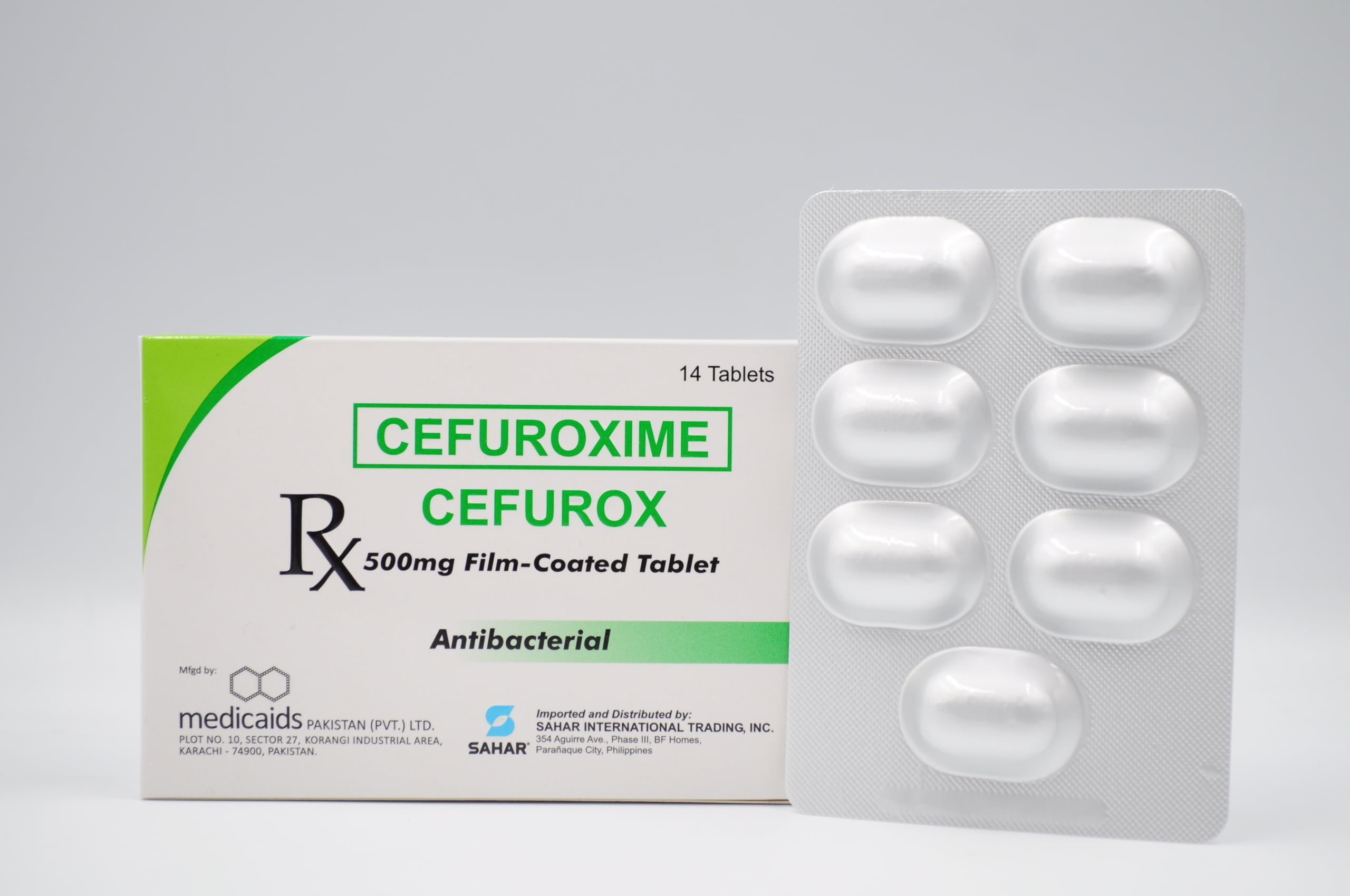10 Cataract Procedure Recovery Tips For Faster Healing

Recovering from cataract surgery is a critical period that determines the overall success of the procedure. While the surgery itself is relatively quick and painless, the days and weeks that follow are crucial for ensuring that your eyes heal properly and that you achieve the best possible vision. Here are 10 cataract procedure recovery tips designed to facilitate faster healing and minimize potential complications.
1. Follow Your Doctor’s Instructions
After cataract surgery, your doctor will provide you with a detailed set of instructions. These instructions are tailored to your specific needs and the technique used during your surgery. Following these guidelines carefully is essential for preventing infection and ensuring that your eye heals as it should. This includes using any prescribed eye drops as directed, attending follow-up appointments, and avoiding certain activities that could dislodge the lens or interfere with healing.
2. Use Eye Drops as Directed
Eye drops are a critical part of the recovery process. They help prevent infection and reduce inflammation. It’s essential to use them exactly as prescribed by your doctor. This might mean instilling drops at specific times of the day, even when you’re feeling fine, as these drops are working to prevent issues that might not be immediately apparent.
3. Rest and Avoid Strenuous Activities
Resting your eyes and avoiding strenuous activities, such as heavy lifting, bending, or exercising, can help your eyes heal faster. It’s also important to avoid rubbing your eyes, as this can dislodge the intraocular lens (IOL) or introduce bacteria into the eye. For the first week or two, it’s best to stick to light activities and let your body recover from the surgery.
4. Wear Protective Eye Shields
At night, for the first week or so, you’ll likely be asked to wear an eye shield over the operated eye. This protective measure prevents you from rubbing your eye in your sleep, which could lead to complications. It’s a simple but effective way to ensure that your eye remains protected during the initial healing phase.
5. Manage Discomfort
While cataract surgery itself is typically painless, some patients may experience mild discomfort, itchiness, or a sensation of having something in their eye during the recovery period. Over-the-counter pain relievers, such as acetaminophen, can help manage these symptoms. However, always check with your doctor before taking any medication to ensure it’s safe for you.
6. Attend Follow-Up Appointments
Follow-up appointments with your eye doctor are crucial. These visits allow your doctor to monitor the healing process, check for any signs of complications, and adjust your treatment plan as necessary. Even if you’re feeling fine and your vision seems good, these appointments are vital for ensuring a successful outcome.
7. Keep Your Eye Clean
Gently cleaning the outer eye with a damp cloth can help prevent infection. However, you should avoid getting water or soap directly in the eye, especially during the initial recovery phase. Your doctor may provide specific advice on how to keep your eye clean without risking complications.
8. Monitor for Signs of Complications
While rare, complications can occur. Signs of complications include increased pain, vision problems, flashes of light, floaters, or discharge from the eye. If you notice any of these symptoms, you should contact your doctor immediately. Prompt attention to potential issues can significantly improve outcomes.
9. Improve Your Environment
Making a few adjustments to your environment can help with recovery. For example, using good lighting can reduce eye strain, and avoiding smoke-filled environments can reduce irritation. Also, consider wearing sunglasses when going outside to protect your eyes from UV rays, which can be particularly bothersome during the healing process.
10. Stay Positive and Patient
Recovery from cataract surgery is a process, and it’s essential to stay positive and patient. Your vision may be blurry immediately after surgery, and it can take a few weeks for your vision to stabilize and for you to fully appreciate the results of your surgery. Keeping a positive attitude and understanding that time and patience are key can make the recovery period more manageable.
Frequently Asked Questions
How long does it take to recover from cataract surgery?
+Recovery times can vary, but most people can return to their normal activities within a few days to a week after surgery. Full recovery, including the stabilization of vision, may take several weeks.
Will I need to wear glasses after cataract surgery?
+It depends on the type of intraocular lens (IOL) used during surgery. Some IOLs, like monofocal lenses, may require you to wear glasses for certain tasks, while others, like multifocal lenses, are designed to provide clearer vision at multiple distances, potentially reducing or eliminating the need for glasses.
Can I drive after cataract surgery?
+It's generally recommended to wait until your doctor advises that it's safe for you to drive. This can be as soon as a few days after surgery, depending on your healing progress and the clarity of your vision. It's crucial to ensure that your vision meets the legal requirements for driving in your area.
What are the risks of cataract surgery?
+While cataract surgery is generally very safe, as with any surgical procedure, there are potential risks and complications. These can include infection, bleeding, retinal detachment, and issues with the intraocular lens. However, serious complications are rare, and the vast majority of patients undergo cataract surgery without major issues.
How long will my vision take to stabilize after cataract surgery?
+Vision can take a few weeks to several months to fully stabilize after cataract surgery. It's not uncommon for vision to fluctuate during the recovery period, with improvements often being noticed in the weeks following surgery.
Can cataracts come back after surgery?
+Cataracts themselves do not come back after surgery, as the cloudy lens is removed and replaced with an artificial one. However, a condition known as posterior capsule opacification (PCO) can occur, which is sometimes mistakenly referred to as a "cataract" coming back. PCO can be easily treated with a laser procedure.
By following these recovery tips and staying informed about what to expect, you can ensure a smoother and more successful recovery from cataract surgery. Remember, each person’s healing process is unique, and patience, along with adherence to your doctor’s advice, is key to achieving the best possible outcome.



